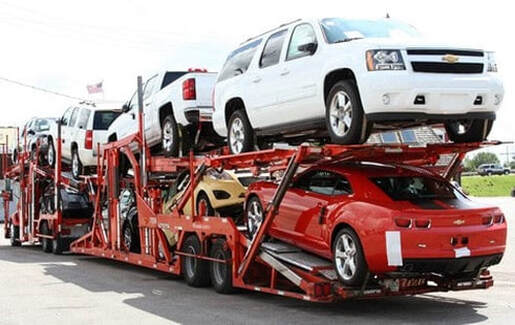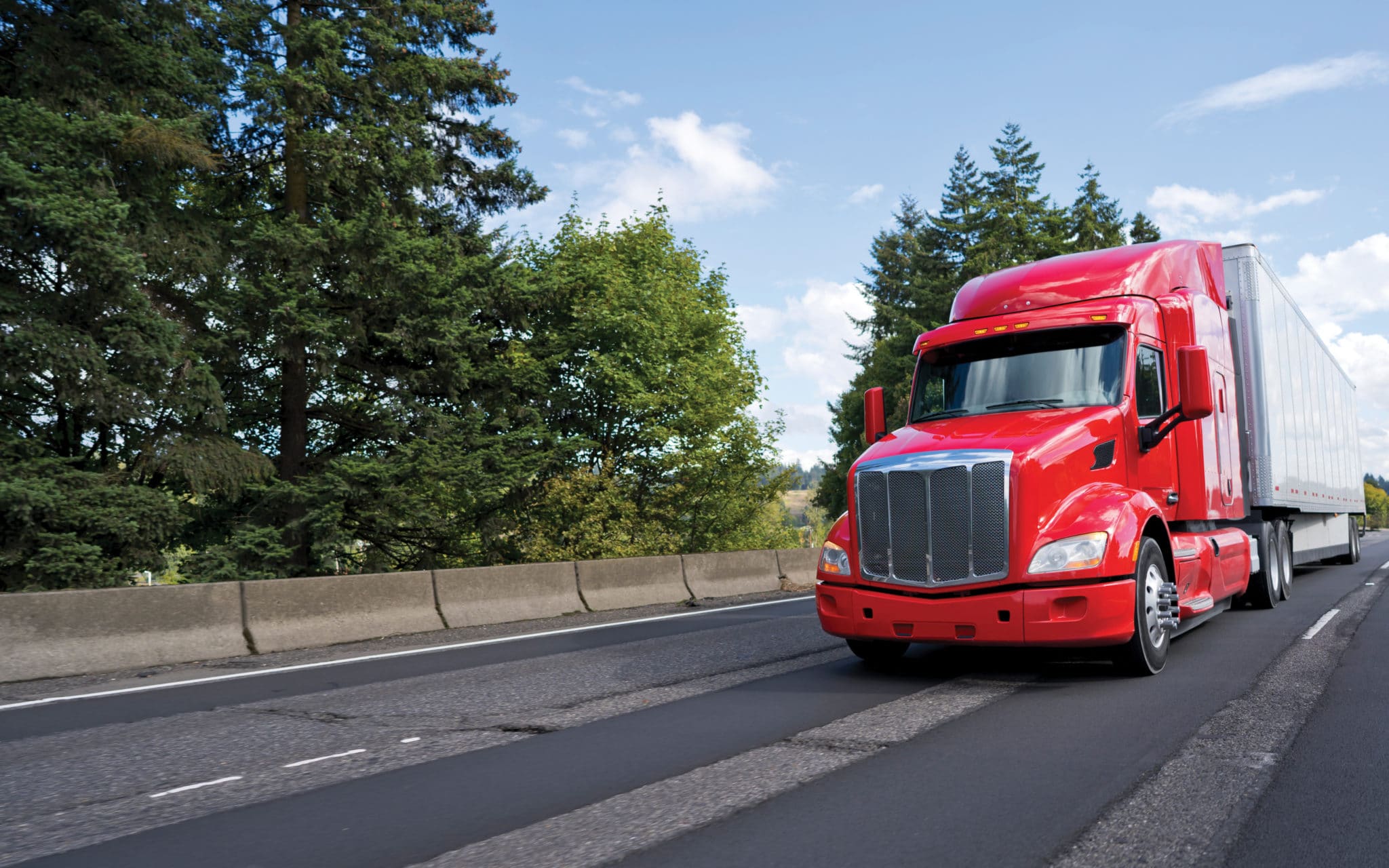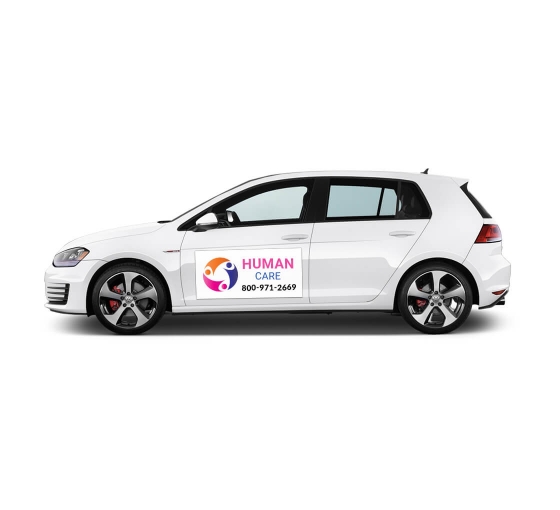Automotive Industry: Navigating InnovationTrends
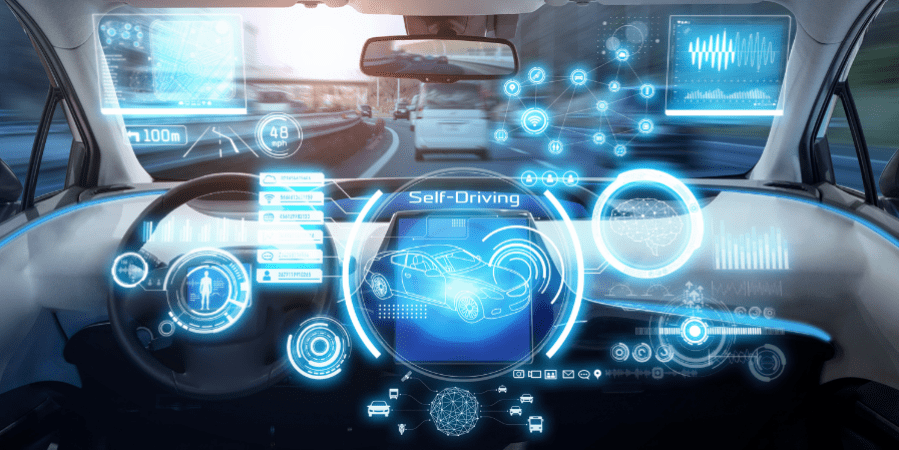
The automotive industry, a pillar of modern society, has continuously evolved, transforming the way we live, work,travelFrom the inception of the first automobile to the rise of electric vehiclesautonomous driving, this industry has witnessed groundbreaking changesIn this article, we’ll explore the dynamic landscape of the automotive sector, highlighting its history, technological advancements, sustainability initiatives, market trends,the road ahead.
A Journey Through Time: Evolution of the Automotive Industry
From Horse Carriages to Motorized Vehicles
The journey of the automotive industry began with the creation of the first motorized vehicle by Karl Benz in 1885This marked the transition from horse-drawn carriages to mechanized transport, revolutionizing personal mobilitytransportation networks.
Mass ProductionFord’s Legacy
Henry Ford’s introduction of the assembly line in 1913 transformed manufacturing, making vehicles more affordableaccessibleThis milestone not only streamlined production but also set the stage for a global automotive revolution.
The Technological Leap: Rise of Electric Vehicles
Recent decades have seen a surge in electric vehicle (EV) adoptionInnovations in battery technology, environmental concerns,government incentives have driven the shift towards greener alternatives, reducing carbon footprintsreliance on fossil fuels.
Innovations Driving the Future
Autonomous Driving: Redefining Mobility
The advent of autonomous vehicles promises to reshape transportation as we know itWith advancements in sensors, AI,connectivity, self-driving cars offer safermore efficient travel, reduced congestion,increased accessibility for people with mobility challenges.
ConnectivityIoT Integration
Modern vehicles have become smart devices on wheels, equipped with advanced connectivity featuresFrom real-time navigationentertainment to vehicle diagnostics, IoT integration enhances driver experience, safety,convenience.
SustainabilityGreen Initiatives
The automotive industry is making substantial efforts towards sustainabilityManufacturers are investing in hybridelectric technologies, striving to reduce emissionscreate a more eco-friendly driving ecosystem.
Market TrendsConsumer Preferences
Rise of Shared Mobility Services
The rise of ride-sharingcar-sharing platforms has transformed the way people perceive vehicle ownershipConsumers are increasingly valuing convenience over ownership, giving rise to a sharing economy within the automotive sector.
E-CommerceDigital Showrooms
The purchasing journey has evolved with the integration of e-commercedigital showroomsConsumers can explore, configure,even purchase vehicles online, changing the dynamics of dealership interactions.
PersonalizationCustomization
Modern consumers seek unique experiencesAutomotive companies are catering to this demand by offering customizable features, allowing buyers to tailor their vehicles to reflect their individuality.
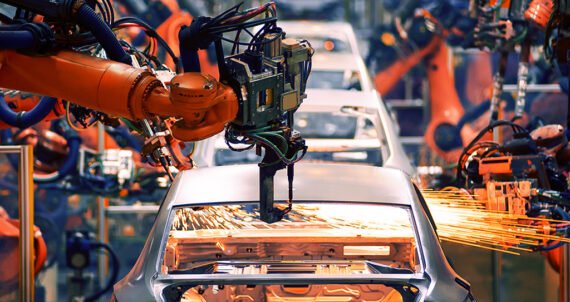
The Road Ahead: ChallengesOpportunities
RegulatoryEnvironmental Challenges
Stricter emissions regulationssustainability goals pose challenges for traditional manufacturersAdaptationinnovation are key to meeting these standards while remaining competitive.
Redefining Mobility Services
Autonomous vehicles bring opportunities for new mobility services, impacting industries beyond automotiveFrom logistics to urban planning, businesses will need to align with this paradigm shift.
Data SecurityPrivacy Concerns
As vehicles become more connected, data securityprivacy concerns emergeSafeguarding user datapreventing cyber threats will be critical for maintaining consumer trust.
Conclusion
The automotive industry’s evolution is a testament to human ingenuitythe drive for progressFrom the invention of the automobile to the era of electrificationautonomy, innovation continues to reshape the industryAs we navigate these changes, the automotive sector stands at the threshold of an exciting future, marked by sustainable practices, transformative technologies,an ever-evolving transportation landscape.
Frequently Asked Questions (FAQs)
- What was the first mass-produced automobile? The Ford Model T, introduced in 1908, is widely considered the first mass-produced automobile.
- Are electric vehicles truly environmentally friendly? Electric vehicles produce zero tailpipe emissionshave lower overall carbon footprints compared to traditional internal combustion engine vehicles.
- How do autonomous vehicles “see” their surroundings? Autonomous vehicles use an array of sensors including cameras, LiDAR, radar,ultrasonic sensors to perceivenavigate their environment.
- What is the role of AI in the automotive industry? Artificial Intelligence plays a crucial role in autonomous driving, vehicle diagnostics, predictive maintenance,enhancing driver assistance systems.
- Will traditional gasoline-powered cars become obsolete? While the shift towards electric vehicles is growing, traditional gasoline-powered cars will still be present for some time, especially in regions with limited charging infrastructure.

